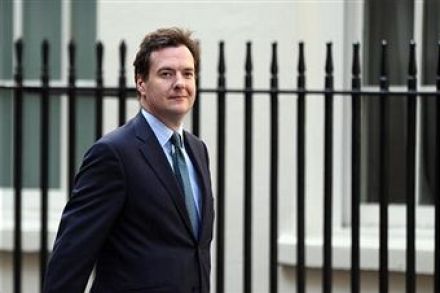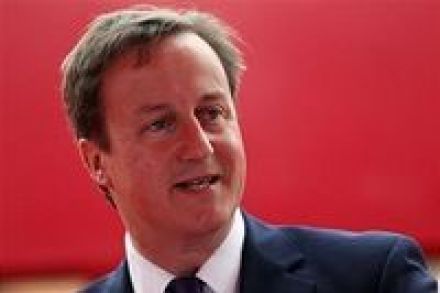Osborne and Cooper’s knockabout
Far more heat than light generated by this afternoon’s urgent question on welfare spending – but a telling spectacle nonetheless. The question had been put forward by a dissenting Lib Dem voice, Bob Russell, and it was up to George Osborne to answer it. He did so with sweeping observations, and attacks on Labour, rather than specifics. And so we never really got into the small print of those £4 billion extra benefit cuts, but Osborne did wonder why Labour have never apologised for “leaving the country with the worst public finances in its history.” It was knockabout stuff. This is not to say that Osborne was ineffective. In















